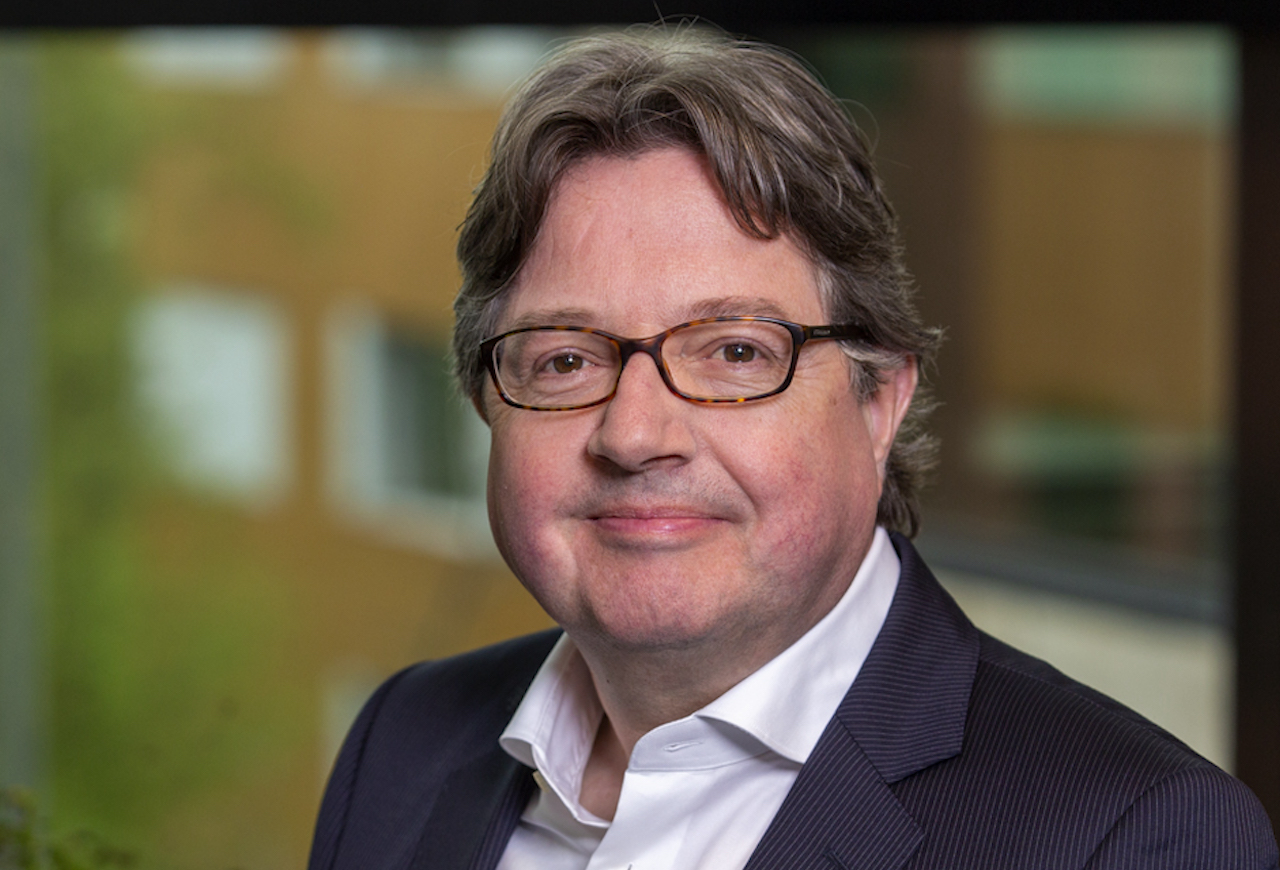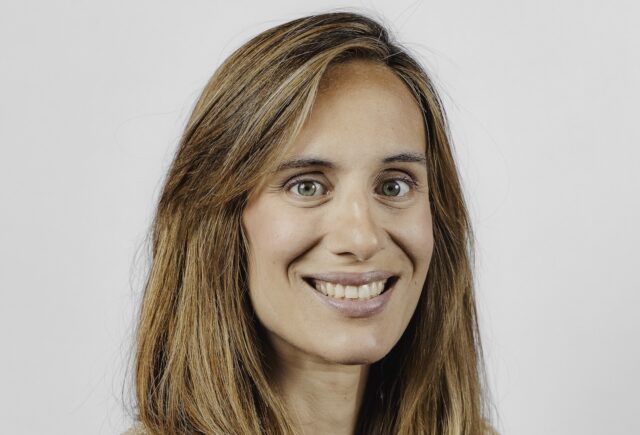We meet with the newly appointed managing director of FMO Investment Management, the investment arm of Dutch development bank FMO, to explore his vision for co-investment opportunities.

Over the last ten years, FMO Investment Management (FMO IM) has deployed some $1.2bn of capital and boasts real impact. It estimates it has supported some 125,000 jobs, and helped avoid 400,000 tonnes of greenhouse gas emissions.
Nonetheless, the newly appointed managing director, Nic Wessemius says: “I still regard us as something of a startup. We are a growing and innovative unit that uses FMO’s 50 plus years of experience to show investors that emerging markets are not as scary as they might think.”
Attractions for private impact capital
Wessemius’s chief priority is mobilising private capital to invest alongside the Dutch development bank FMO, something he previously developed in the FMO loan syndications team, and before that in the equity syndication team of ABN Amro.
“We are able to select best fits from FMO’s deal flow and I believe this can be a major attraction for investors, together with the fact that we are nonetheless independent with our own independent investment committee.”
A core element of this proposition is that FMO also keeps a significant part of the loan on its own book to ensure alignment of interest.
Exposure to newer, less common markets is also a distinctive and attractive feature offering diversification away from the more traditional liquid emerging markets. For example, FMO has significant investments in Latin America, but the most developed markets Brazil and Mexico being out of scope, with a focus instead on the smaller developing markets such as Peru, Paraguay and Ecuador.
Impact funds created in partnership
This strategy becomes clearer when you examine the four private debt impact funds FMO IM has developed in partnership with fund managers.
The SME Finance Fund was co-developed with Actiam, now part of Cardano, with original committed capital of around €150m. It has proved popular with several large Dutch institutional investors, and focuses on SME financing in emerging markets.
The FMO Privium Impact Fund has an open-ended structure, monthly liquidity, and a broader focus on FMO’s three core sectors(see below). Originally it was developed to appeal to ABN Amro’s private banking clients, but is now open generally for European institutional investors such as family offices, foundations and private banks. The current size is €160m, but Wessemius has “the ambition to grow this to €500m over the next couple of years”.
The third fund is an institutional fund co-developed with NNIP, now part of Goldman Sachs Asset Management. It also has a closed-end structure and an original committed amount of around €600m. This fund has been marketed to institutions in the Netherlands, Nordic region, Germany, France, and Asia.
Finally, FMO IM manages the 20% allocation to emerging markets for the ASN Green Project Fund. The total size of this fund is around €400m and it invests mainly in sustainable energy.
Sector focus
In terms of sectors, FMO has three focuses: financial institutions, energy, and agriculture. Of these the most significant by volume are the financial institutions investments which represent roughly half of the portfolio.
In agriculture ,FMO does not invest in land itself but rather in food security – for example financing working capital, storage and processing facilities. Wessemius says: “The main need in emerging markets is for long term financing and this is what organisations such as ours can offer.”
This is borne out by FMO’s investment in LAAD, a non-deposit taking bank that exclusively provides financing to SMEs in the agri-business sector across Latin America and the Caribbean region.
“Doing makes the difference. So why not start a conversation. It may just lead to shared ambitions and unexpected opportunities.”
Nic Wessemius, FMO IM
The investments in renewable energy were originally in wind farms, hydro plants and solar power operations. “More recently we see more opportunities coming up in increasing access to energy through the financing of distribution.” For example, In 2018, FMO provided $22.5m to Gharo Solar for the development, construction and operation of a 50MW PV solar project in Pakistan.
Overcoming investor fears
Wessemius adds: “There is also a lot of explanation for us still to do regarding the perceived risk of investing in emerging markets.”
He admits data remains an important challenge. “It can be difficult in emerging markets to get comparable and suitable impact data.” But he believes he can convince investors that “investing in emerging markets is not that scary”.
“We know many institutional investors see the opportunities emerging markets have – we help them to take that step and stay within their risk appetite.”
To do this Wessemius would like to see even more diversification across regions. “Investors can see what has happened in Myanmar, Sri Lanka, and Argentina. This demonstrates the importance of very broad diversification when it comes to emerging markets.”
Given this volatility, he also believes that blended finance solutions will play a major part of future strategies. “Blended finance structures offer institutional investors a way to invest in emerging markets utilizing a less risky capital regime.”
In conclusion, Wessemius has a challenge for investors. “Doing makes the difference. So why not start a conversation. It may just lead to shared ambitions and unexpected opportunities.”






